Break-out 3
Session Details
3:10PMBREAK-OUT
SESSION 3 Please choose one of the four options |
Energy market solutions (for geeks)
How can councils leverage the various actors and institutions within the energy market to fast-track decarbonisation and build community resilience? Hear about how councils are partnering with distributors and retailers to deliver collaborative initiatives that enable mutually beneficial outcomes. Hosted by Scott McKenry, Executive Officer of the Eastern Alliance for Greenhouse Action, the panel includes: Tom Hallam, AusNet Services – Remote area power systems, implications for community resilience and collaboration opportunities for DNSPs and councils Mel Miller-Yule, Yarra City Council – Council-retailer partnerships Chris Wallin, Yarra Energy Foundation – Solar Sponge with CitiPower Download all presentations Climate leadership and the transformation of the regions
This session will demonstrate the vital role of the early adopters and exploratory pilots that are assisting regional communities to mitigate greenhouse gas, restore and steward our environment, and urgently adapt to climate change. Hosted by Carole Hammond, Executive Officer of the Goulburn Murray Climate Alliance, the panel for this session includes: Julia Seddon, Chair, Alliance for Water Stewardship Asia Pacific - Respecting regional catchments one conversation at a time: the future of Australian water Dr Martino Malerba, Blue Carbon Lab, Deakin University - Farm dams and wetlands: can teal carbon transform regional Australia? Tackling business emissions, big and small
Hosted by David Meiklejohn, Executive Officer of the Northern Alliance for Greenhouse Action, this panel session will explore this panel session will explore the different approaches needed for working with business, depending on their needs, and will feature: Hiruni Peiris, Northcote Bakeshop – How to talk to small business Aaron Gray, Power Purchase Agreements for businesses Trish McGee, City of Monash – Business resilience Download all presentations Embedding climate risk management across
councils: the process This session aims to help councils engage teams across Council about managing climate risks, understand how to improve their capacity now, and learn about a proposed long-term program of support. This session includes a mini-workshop for officers to consider their council’s adaptive capacity. Hosted by Fran MacDonald, Executive Officer of the Western Alliance for Greenhouse Action, the panel for this session features: Darren Wilson, Environmental Planner, City of Greater Dandenong – A practical process for embedding climate risk management, including key challenges and useful tips Heather McListon, Program Coordinator, How Well Are We Adapting, Wyndham City Council – An introduction to the Adaptive Capacity Checklist and mini-workshop: what are the first steps you can take to improve your council’s adaptive capacity? Fran MacDonald, Executive Officer, WAGA – Victorian Climate Resilient Councils: introduction to a proposed program of support for councils to manage climate risks Download all presentations Go back to Conference Program |


